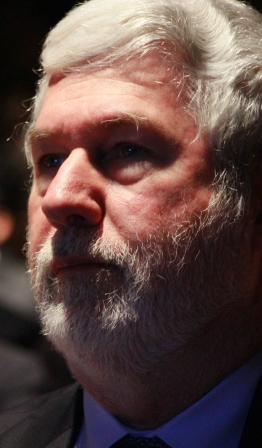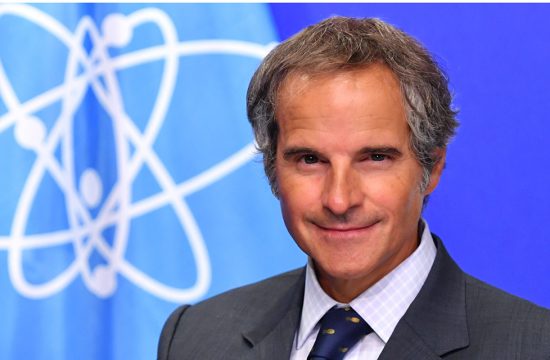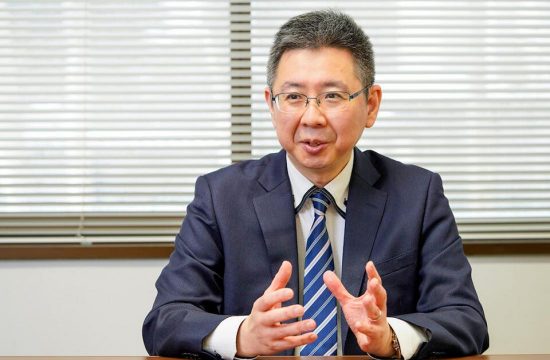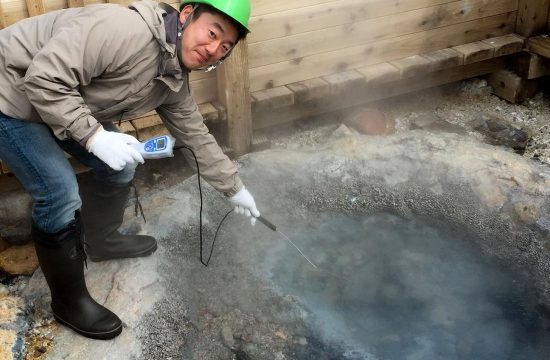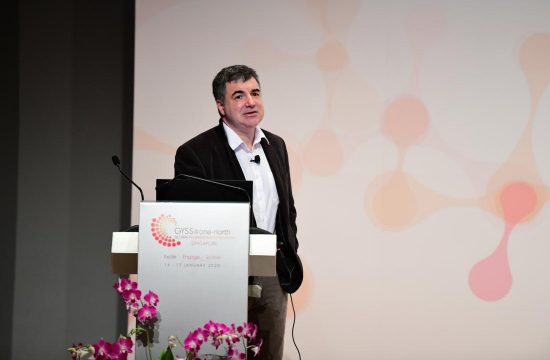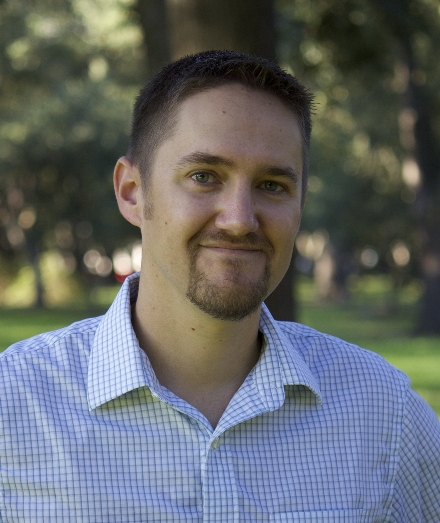 Howard E. Michel is an Engineer. He is an associate professor of electrical and computer engineering at the University of Massachusetts, in North Dartmouth. Michel’s research interests include artificial neural networks and distributed-intelligence sensor networks. He is an embedded-instrumentation and system-architecture consultant to the U.S. Navy.
Howard E. Michel is an Engineer. He is an associate professor of electrical and computer engineering at the University of Massachusetts, in North Dartmouth. Michel’s research interests include artificial neural networks and distributed-intelligence sensor networks. He is an embedded-instrumentation and system-architecture consultant to the U.S. Navy.
He retired from the U.S. Air Force in 1994, having been a pilot, satellite launch director, and engineer, including in the People’s Republic of China where he served as a senior U.S. Government technical representative enforcing technology-transfer control plans and procedures during two satellite launches. Other achievements include successfully launching seven U.S. satellites by directing launch-base test and integration involving booster, satellite, and telemetry-range hardware; and developing U.S. Department of Defense engineering processes for mission-critical computer systems.
Senior Member Howard E. Michel has been elected as 2014 IEEE president-elect. He was vice president, IEEE Member and Geographic Activities, in 2011 and 2012, and Region 1 director in 2008 and 2009. Michel was the 2010 chair of the IEEE Public Visibility Committee. He was also on the IEEE-USA Board of Directors in 2008 and 2009. IEEE stand for Institute of Electrical and Electronics Engineering; ‘slogan goes advancing technology for humanity’—the world’s largest professional association for the advancement of technology, has been launching subchapter in different countries by biyearly. On that scenario, Michel, president and CEO of IEEE has launched the IEEE Nepal Subsection in Kathmandu on 25 January, 2015. Meanwhile, Laxman Dangol, Editor from RevoScience Monthly recorded an exclusive interview with him.
In the beginning, you were a student volunteer at IEEE, after graduation you acted as U.S. air force pilot-but now you are elected IEEE president, what kind of mental pressure are you facing?
IEEE is the world’s largest professional technical society with a motive “Advancing technology for humanity”. We have over four hundred thousand members and three hundred sections around the world. We are trying to grow. The way IEEE works is through the contribution of members to the society. Some do research; some are involved in educational activities and so on. All are in somehow involved in contributing to society. So, I am trying to set a vision to how it looks like. What are we going to do in 2030? What is going to change in the world?
What is the main purpose to establishment of IEEE? Is IEEE enhancing the world electronics and engineering?
IEEE came from the two societies in United States. One is AIEE which was power society, and the other was Institute of Radio Engineering. They merged in 1963 to become Institute of Electrical and Electronic Engineering. However, we are broader than that. We have health care, bio-medical, technology software, standards for software engineering, education and so on. We also assist different universities. So, we are now more boarder than just electrical and electronic engineering.
As I remind you IEEE’s tagline: “Advancing Technology for Humanity.” do you think technology can improve the quality of life in developing nations like Nepal?
I think technology does. The level technology helps depends upon the level of evolution country is. For example, I noticed everybody around here has cell-phones. Can you imagine where the quality of life would be without cell-phones? We don’t have the resources to put wired telephone instead of cell-phones. IEEE technology is bringing the technology of cell-phones, satellites T.V. Therefore, the use of technology depends on where you are on the stage of evolution. We have countries in Africa where we are producing devices that allow local generation of electricity to charge flash lights, so students can do home works in evening.
What is today’s main challenge for advancing technology for humanity? Is it possible someday that technology will lead the human being?
I think we have issues. Technology can get ahead of how society wants to use it. In terms of security, we have all kinds of information on people’s medical records, building information. How do we make that available in security? So, the laws can have a cut-off on technology. You can hear people hacking and stealing information. So, technology is not quite fair. How about standing life in medical devices? But still I don’t see Robot technology getting ahead of Human being. We always have the final decision. We have some of the actions now, but you may not realize it. In airlines, airlines devices can detect two planes coming to each other. It will say one to stay still, and one to climb. There was an accident in Europe several years ago when one pilot did not do what the technology told him to do. So Human always has the final decision, but it would be better if you follow technology. Technology will not lead the human being, but it will always be helpful. We cannot detect brain waves to control others brain. But there are devices that help to use brain waves to control our limbs. This might be useful in biomedicines.
 Are you going to expand IEEE globally? If so, how can Nepal participate? And what is the major role of developing country like Nepal?
Are you going to expand IEEE globally? If so, how can Nepal participate? And what is the major role of developing country like Nepal?
We are expanding around the globe. Most of our expanding actions are in Asia. We have more than twenty five percentage members from Asia. We are expanding in these areas because most of engineers, researchers and research faculties are supported to research, grow products, and economics in these countries. We don’t come in and instruct to do such and such things. We just tell them that this is what needed in Nepal. University professors may work with the industries. We want to have seminars on this to bring your engineers up to where technology is. We educate them to improve the products you are using, to improve services you are getting. We enable you to do those things. We don’t come in and do those things. It is possible to develop the developing countries via seminars and conferences. We have a lot of outreach into the developing countries. The resources you need are a part of things we can provide, but has to be the partnership with the local governments, companies, international cooperation’s, and so on. IEEE can come in and bring them together.
Through IEEE, Is there any possibility to advance techno-laboratory in Nepal? What kinds of expectation do you expect from Nepali IEEE member and how Nepali member can benefit from IEEE?
I don’t know what the expertise of individual members of Nepal are expecting, but we have researches, journals, seminars like this that benefits people especially from technology field. The first thing I am talking about is Education, and second one is on Micro technology. Everybody who tends these things will start thinking about these things differently. We don’t actually come over here and built a techno-laboratory. We are not a cooperation organization. We have some offices around the world. What we do is bring people together.
For a scientist, scientific research is basic thing in life, do you have plans to get specific funding to support shot term projects for Nepali IEEE member (Nepal Chapter) or academia for scientific research?
We do supply money to all the chapters in Nepal, but it depends on the activities they have. IEEE has over three hundred sections in the world, and Nepal actually is sub-section of one of those sections. They give money to conduct seminars, to publish journals, and for speakers. We have distinguished lectures programs, and the professionals around the world can come if the local sections want. We provide those kinds of resources.
As I remind you, you would said, “I will work passionately on four things if elected IEEE President” could you fulfill these vision in single tenure of IEEE president ship? (Provide tools for career security for all members worldwide, Expand globally, including within the U.S., Lead “disruptive innovation” in our publishing and conference business and Increase visibility, educate everyone everywhere on IEEE )
Even though I don’t think I can finish all of these four things, but I can start them. I have already started them too. We have volunteers, and speakers. Next week, I am going to New Orleans, and we are going to have another meeting. We are planning on how we are going to achieve those things. We will also continue it in next year.
What is the main challenge IEEE will face during your term and what are the actions to be taken?
The main challenge is what we call “Open Access”. Open access is research papers should be available free. We have to cover our costs to produce these. The final way to do this is give the information but not the entire research paper to continue to do that.
As the beginning human needs technology, second human want to play technology—third human want to play eco-friendly technology, in that scenario how could IEEE advancement of new technology?
We have lots of members interested on eco-friendly technology. As I said earlier we had a program where we were providing villagers in Africa to generate local electricity. We have lots of researches on making photo-cells more efficient. We have researches on making energy efficient devices. We have to use our resources wisely.
This is a philosophical question. Scientists can explain science, but can science explain scientists?
This is an interesting question. I think we can explain things on a certain level. We understand how a body works, how brain works, and we may also understand how thoughts come. But to really understand what that mean, I think that is something for philosophers and religious people. I can explain it on a “Science” level. But that may not work for religious person or monk philosophers. So I think we can explain it to some people but not to every people.
Would you like to say something to Nepalese students, professors, and society?
My field was engineering. I was an engineering student. Literally, engineer invented the world. If you see around if god did not invent it, then it is engineer who invented it. That is a lot of responsibility. If we talk about green technology, we can do it well or do it poorly, and I would like to encourage to do it well in future.


